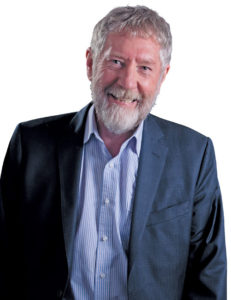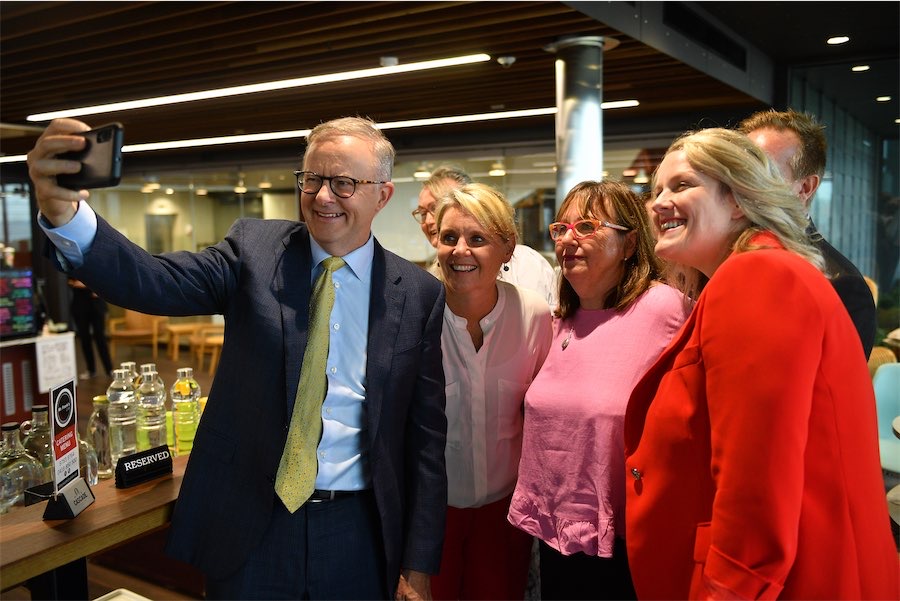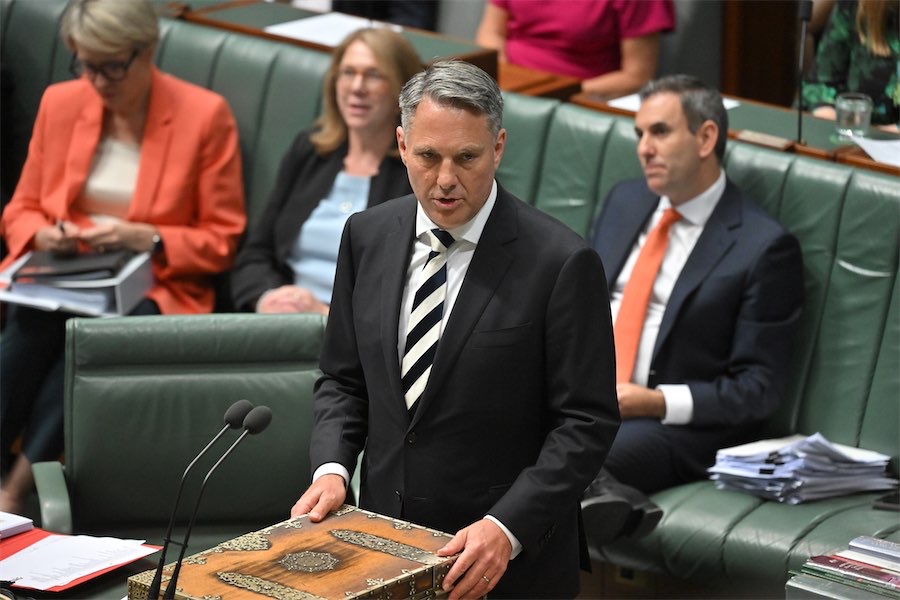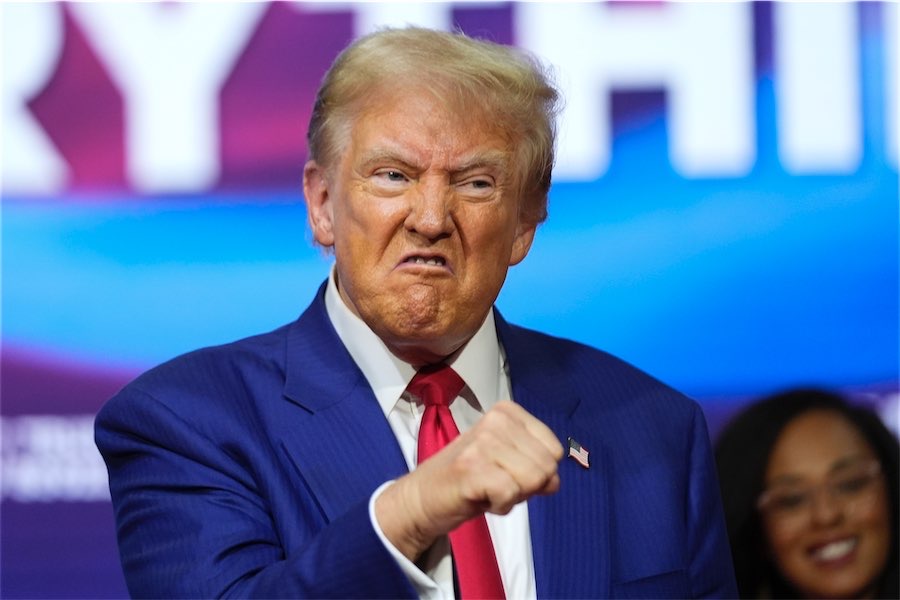“We may have a much more sophisticated electoral system than the Americans. However, with increasing distrust in our politicians and political systems, do not make the mistake of thinking our democracy is not similarly vulnerable,” writes MICHAEL MOORE.
THE vulnerability of democracy has been on display in the aftermath of the elections in the US.

Hopefully, a clear outcome will result in a sensible surrender and hand over of power.
The remaining question looms large about what would have happened if the electoral college votes were even closer. Already there is widespread doubt about the conduct of the election, particularly amongst Trump supporters, and conspiracy theories are thriving.
They are fertilised by the lack of trust in politics in general and in politicians in particular.
Australians cannot afford to be smug. A saving grace is compulsory attendance at the ballot box – often erroneously referred to as “compulsory voting”. Instead of the campaign making a huge effort to bring citizens out to vote, the focus remains clearly on the issues and the personalities.
Acceptance of the election results in the ACT, NZ and Queensland was in marked contrast to the US. Granted, the results were clear. However, in NZ and Queensland the handling of COVID-19 also marked a significant increase in the level of trust in the leader and in the incumbent government.

In 2019, Prof Ian McAllister, of the ANU, said: “I’ve been studying elections for 40 years, and never have I seen such poor returns for public trust in, and satisfaction with, democratic institutions”.
The highest level of trust in how democracy was working was in 2008. By 2019, the figure had dropped by 27 per cent to just 59 per cent.
Trust in politics and our democratic systems does oscillate. The lowest point, according to Prof McAllister, was in 1979 when the level dipped to 56 per cent. Only 12 per cent of citizens believe that government is run “for the people”, and 56 per cent believe it is run for “a few big interests”. Even more concerning is trust in our politicians. It was bad enough in 2007 at the level of 47 per cent. By last year this had dipped to 25 per cent.
Many argue that the advent of Donald Trump was fuelled by distrust in the Washington establishment. Distrust is fuelled by knowledge of the influence carried by a relatively small number of people. The fundamental idea of one vote one value is undermined by the overwhelming influence of a small number of donors and an even smaller number of media owners.
McAllister’s warning for Australia after the 2019 election was sobering enough.
“With faith in democracy taking major hits all over the globe, winning back the people’s trust and satisfaction would appear to be one of the most pressing and urgent challenges facing our political leaders and institutions,” he said.
How much more pertinent is that warning after watching the outcome of the American election?
Former Prime Ministers Rudd and Turnbull have been agitating about the untoward influence of certain sections of the media.
The media should be a protector of democracy, shedding light on untoward behaviour, hypocrisy and corruption. And yet, just over half a million people have supported Kevin Rudd’s call for a royal commission into the untoward and inappropriate interference in government and government processes by a narrow and ever more concentrated media.
Petition EN1938 has now been presented in federal parliament. The petition commences with: “Our democracy depends on diverse sources of reliable, accurate and independent news. But media ownership is becoming more concentrated alongside new business models that encourage deliberately polarising and politically manipulated news”.
The petition makes a number of other points about the protection of democracy.
“We are especially concerned that Australia’s print media is overwhelmingly controlled by News Corporation, founded by Fox News billionaire Rupert Murdoch, with around two-thirds of daily newspaper readership,” it says.
Ironically, as if to prove the point, Murdoch’s “The Australian” found ways to attack the petition, pointing to the distrust in science and opposition to social distancing (that has contributed to hundreds of thousands of deaths in the US).
Kevin Rudd tweeted: “Australia urgently needs a #MurdochRoyalCommission to avoid following the American path”.
We may have a much more sophisticated electoral system than the Americans. However, with increasing distrust in our politicians and political systems, do not make the mistake of thinking our democracy is not similarly vulnerable.
Who can be trusted?
In a world of spin and confusion, there’s never been a more important time to support independent journalism in Canberra.
If you trust our work online and want to enforce the power of independent voices, I invite you to make a small contribution.
Every dollar of support is invested back into our journalism to help keep citynews.com.au strong and free.
Thank you,
Ian Meikle, editor





Leave a Reply